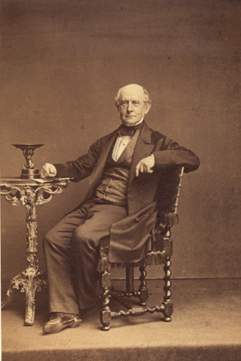I can hardly believe it.
It's long past time. Indeed, the time never was that that flag should be displayed in any honorary, public place.
Greg Grandin has published this month a couple of very thought-provoking essays that examine that flag's continuing relationship with our military, that flag of traitors to the nation.
Here is the one published in the Nation:
What Was the Confederate Flag Doing in Cuba, Vietnam, and Iraq?To that list of places where the flag was displayed, though Greg doesn't mention it, is Haiti, during the U.S. military invasion and occupation, 1915 - 1934, ordered by Woodrow Wilson. The U.S. marines' commander, Colonel Smedley Butler, appears to be a descendant of the infamous Butler who created the largest slave auction in history, selling off long established families from his low country rice plantations to recover a fortune that he'd dissipated in drink and gambling. Like Cuba, Haiti, was always a preoccupation and obsession of the antebellum southern slave power. As was, even Central America, where Butler and the U.S. marines were part of many invasions and occupations on behalf of U.S. corporate interests.
The Confederate flag’s military tenure continued long after the Civil War ended.
In fact the U.S. flag and that other flag went with the U.S. occupation of most of the Spanish Caribbean, Central America and the Philippines. Many of the commanding officers were the sons and grandsons of officers of the Army of Rebellion, who carried their firm conviction of white supremacy with them, and which had strong effect on their decisions and choices. Recall that Cuba was "won" for democracy by Theodore Roosevelt, whose mother was a planter's daughter from Georgia and whose uncles were infamously deep in the Trent Affair of Mason and Slidell, as well as very successful privateers preying upon Union merchant and naval ships.
 |
| Charles Francis Adams, Sr. (1807- 1886) |
The second essay by Greg Grandin that flag is here:
 |
| Greg Grandin |
 |
| Union Troops, U.S. Civil War |
What else is significant about this decision is that a woman, a Southern woman, a woman who is descended from the Jefferson Davis family, Jenny Horne, was instrumental in getting the vote to haul down that flag.
Southern women have played an enormous role in keeping alive the mythology of the glorious lost cause.
Now a Southern woman's voice, hoarse and broken from hours of debate, has pushed that flag into the past of Southern public, ceremonial, celebratory, political spaces. Finally.


No comments:
Post a Comment